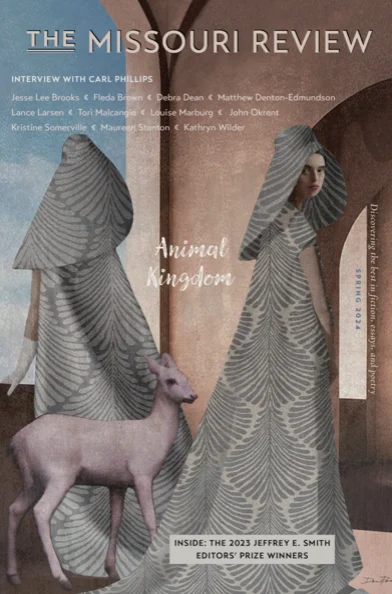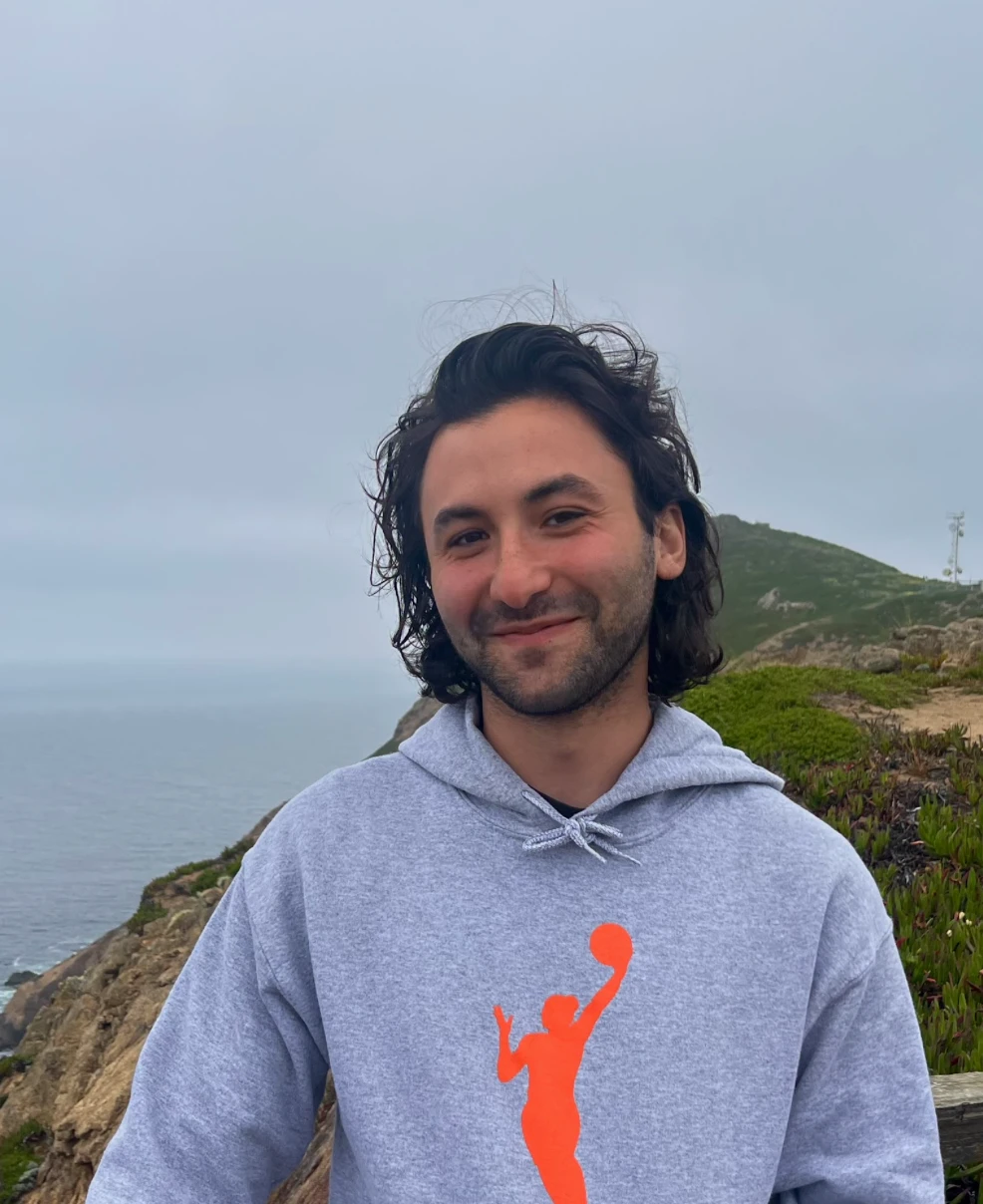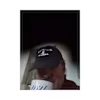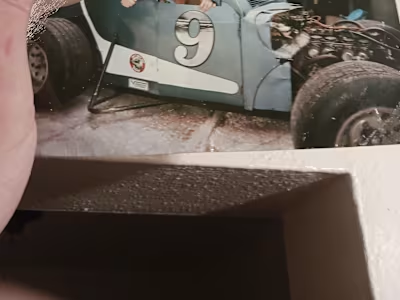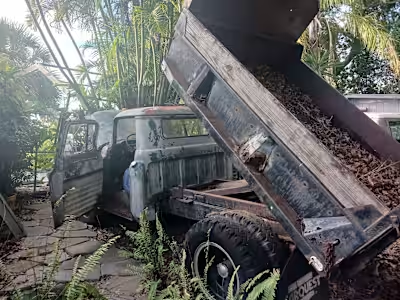Slash and Mr. Spock Sitting in the Waffle House at the End Of T…
Like this project
Posted Jun 26, 2024
Poetry Daily is an anthology of contemporary poetry. Each day, we bring you a new poem from new books, magazines, and journals.
Likes
0
Views
0
Tags
In the dying light of the final star, there will be breakfast at the last truck stop between here and oblivion, a pair of quasars sunny side up, a bundle of flimsy bacon and a bottle of Jack Daniels.
from the book Slash/Slash / Diode Editions
Interview: "Most of my process is listening, listening to family members, listening to community spaces, reading, and listening to my own curiosity." (Hayden's Ferry Review)
Report: "Rep. Bob Freeman, D-Easton, has proposed House Bill 2308 to re-establish a Pennsylvania poet laureate to conduct official readings." (Pittsburgh Post Gazette)
Conversation: "In my poems, I’m interested in the relief of verbalization, of giving in to an impulse, and also in the tension created by obfuscating this urge." (McSweeney's)
Interview: "There was a real power in feeling both those destructive and constructive— or those violent and protective—energies at one time. Those were very confusing, very illuminating, and very galvanizing times." (BOMB Magazine)
Essay: "Poetic criticism is instead a movement, an insinuation, a tendency." (The Yale Review)
Report: "A nature walk at Beech Forest and a poem by Mary Oliver unveiled on a picnic table started a national project Friday at the Cape Cod National Seashore..." (Cape Cod Times)
Profile: "I see poetry as important for working out the most complicated parts of being alive — dealing with your own darkness, dealing with unthinkable thoughts." (Seven Days)
Interview: "I think in some ways, for me, both writing and reading are essentially acts of communion." (LitHub)
Profile: "Despite this widespread success, the writer's personal life (and death) remains a mystery that historians are still piecing together today." (PBS)
Essay: "Death is omnipresent in Glück’s work: it’s a theme no one can accuse her of leaving late. But it seems to me that Death’s colors become muted in her final books, softened by the same mist that softens everything else." (Yale Review)
In our series Language as Form, we’ve invited poets to write about poetic language as patterned language—how words as sound, voice, sentence, and song become elements of form.
